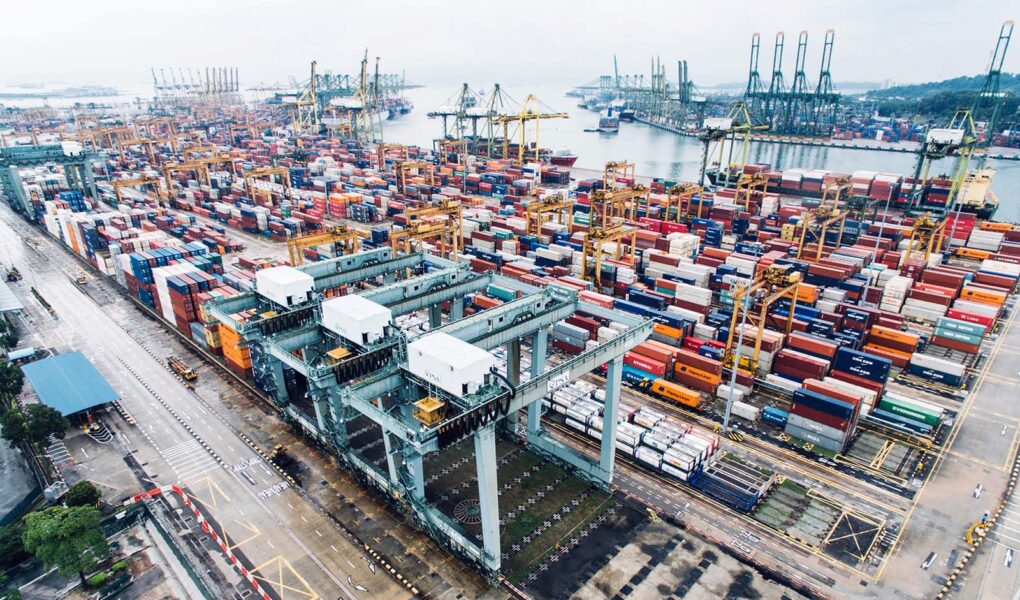The shipping industry has always been a vital artery of global trade, facilitating the movement of goods across oceans and continents. From futuristic technologies to innovative practices, the future of shipping holds immense potential.
In this article, we delve into the realm of efficient shipping, exploring emerging trends, groundbreaking advancements, and the ways transformative solutions like Shiply (https://www.shiply.com/) will reshape the industry as we know it.
The Current Challenges in the Shipping Industry

The shipping industry currently faces a multitude of hurdles that demand swift solutions for sustainable success. One pressing issue is the rising complexity of regulations and compliance requirements, which often vary across different regions and countries.
Navigating through this intricate web of rules poses a significant burden for shipping companies, adding layers of administrative processes and costs. Additionally, the industry grapples with the need for improved infrastructure and technology adoption to enhance operational efficiency.
As demand for global shipping continues to grow, there is an urgent call for innovation in vessel design, port facilities, and logistics systems.
Furthermore, environmental concerns and the necessity to reduce carbon emissions have become critical priorities for the industry. Finding eco-friendly alternatives and implementing sustainable practices is vital for the long-term viability of shipping operations.
Leveraging Technology: The Key to Unleashing Efficiency in Shipping
This pursuit has led to the realization that technology holds the key to unlocking greater operational effectiveness. Embracing advanced technological solutions has become imperative for shipping companies, allowing them to streamline processes, optimize routes, and enhance overall performance.
From the digitization of logistics to the utilization of artificial intelligence and automation, technology has revolutionized the way goods are transported across the globe.
By harnessing the immense potential of technology, shipping enterprises can not only meet the ever-growing customer demands but also mitigate environmental impact and reduce costs.
From fleet management to supply chain visibility, from smart containers to blockchain-based systems, the possibilities are endless.
Innovations like Internet of Things (IoT) devices and real-time analytics have empowered shipping companies with valuable insights to make data-driven decisions, foster proactive maintenance, and ensure heightened safety standards.

Sustainable Fuels and Energy Sources: Paving the Way for Greener Shipping
With the urgent need for environmental conservation, the shipping industry is spearheading a remarkable shift towards sustainable fuels and energy sources. Embracing innovative solutions, these forward-thinking companies are paving the way for greener shipping practices.
From cutting-edge technologies like hydrogen fuel cells to advanced biofuels and electric propulsion systems, the industry is witnessing a remarkable diversity of sustainable options.
Vessels that once relied solely on fossil fuels are now being powered by renewable alternatives, reducing both emissions and reliance on non-renewable resources.
Through collaboration and investment in research and development, the shipping industry is not only molding a more sustainable future but also redefining the concept of modern-day transportation.
Conclusion

With the integration of advanced technologies such as artificial intelligence, blockchain, and automation, the shipping industry stands poised for significant transformations.
As we look beyond the horizon, it becomes clear that embracing these advancements will not only optimize global trade and economic growth but also benefit the environment and society at large!




